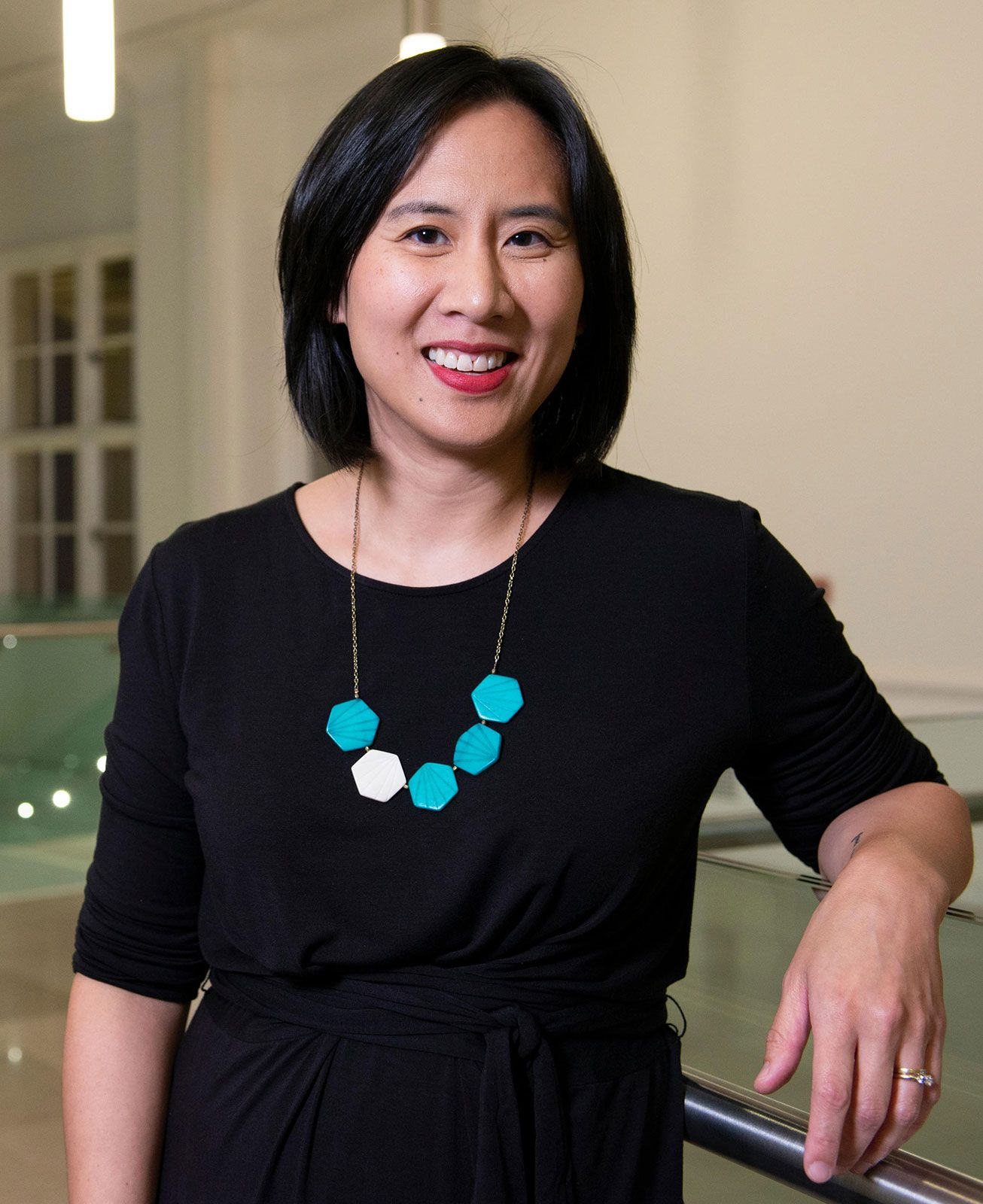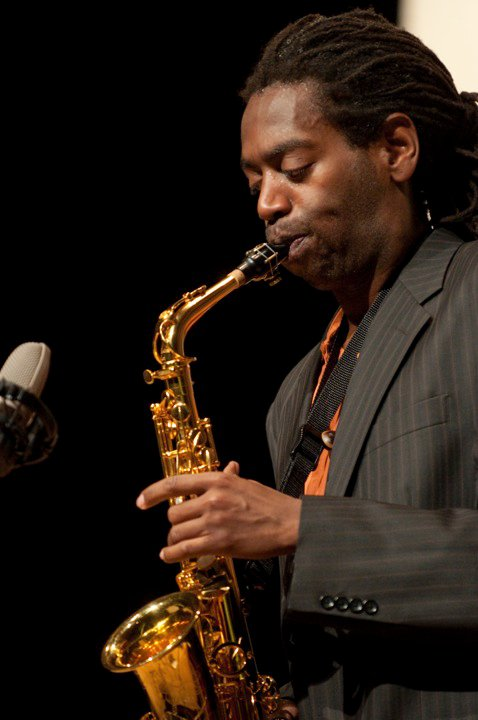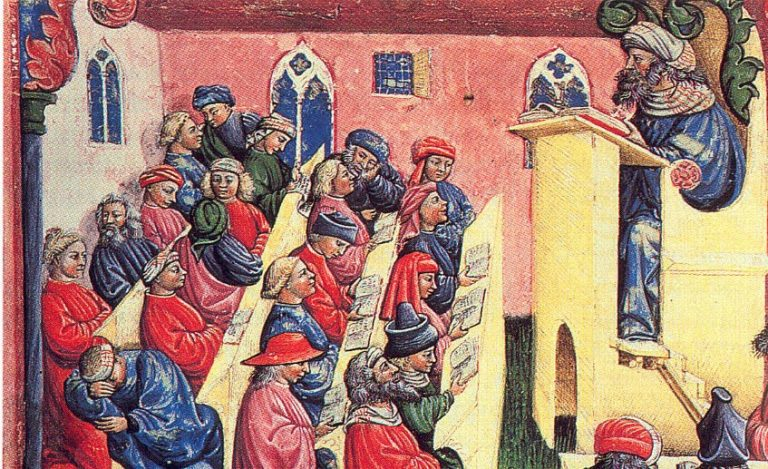An elegy workshop is more than just a gathering of aspiring poets; it’s a poignant exploration of grief, memory, and human connection. Held in the enchanting environment of Harvard’s Woodberry Poetry Room, this workshop invites participants to delve into the art of elegiac poetry, celebrating both poetic expression and community healing. Under the guidance of experienced instructors, guests engage in creative writing activities inspired by their personal experiences of loss, particularly relevant in light of the pandemic’s impact on collective sorrow. This innovative elegy project emphasizes the importance of articulating grief and finding solace through the power of words, aiming to make expressions of sorrow feel less isolating. Join us in this transformative space where creativity thrives amidst shared emotions, and discover how elegy can serve as a bridge toward understanding and empathy.
The concept of an elegy workshop encompasses the crafting of poignant poetic compositions that resonate with themes of loss and remembrance. This creative writing initiative invites individuals to confront their feelings of grief while fostering a supportive environment among fellow writers. In venues like Harvard’s prestigious Poetry Room, participants can benefit from the mentorship of skilled poets who encourage personal storytelling through this timeless literary form. By transforming individual experiences of loneliness into powerful verses, the elegy project not only enhances poetic skills but also cultivates a sense of belonging in the artistic community. Ultimately, these workshops aim to revitalize the age-old practice of elegiac poetry, reaffirming its relevance and accessibility in contemporary culture.
Exploring the Elegy Workshop: A Unique Poetry Experience
The Elegy Workshop at Harvard’s Woodberry Poetry Room emerges as a unique platform that invites individuals from varied backgrounds to engage with the profound tradition of elegy. Led by esteemed poets Karen Elizabeth Bishop and David Sherman, this workshop welcomes not only seasoned poets but also those new to poetic expression, reflecting a community-centered approach to creative writing. The incorporation of the Elegy Project creates a significant opportunity for participants to explore themes of grief and loss, deeply resonant in today’s context as people navigate their emotions stemming from the pandemic.
Participants of the Elegy Workshop can expect a supportive environment where they can share their personal experiences through poetry. This gathering fosters a spirit of collaboration, where attendees exchange ideas, read personal elegies, and gain inspiration from the Poetry Room’s rich resources. By allowing people to express their laments and reflections, the workshop not only helps individuals process their grief but also connects them to a larger narrative of human experience. Such communal writing experiences underscore the importance of shared poetic creation as a means to address collective sorrow.
Crafting Poems in the Harvard Poetry Room
The Harvard Poetry Room serves as an inspiring backdrop for the Elegy Workshop, where the historic space echoes with the voices of past literary greats. This sanctuary for poets emphasizes the significance of creating art in a space steeped in literary heritage. As participants engage with the materials and prompts provided, they engage in a dynamic creative process that merges individual expression with shared experiences. The unique setting empowers individuals to stretch their boundaries and embrace the very essence of poetic creation.
Additionally, the Poetry Room’s commitment to accessibility enhances the creative writing process. Poets like Bishop and Sherman strive to break barriers, encouraging participants to draw from both modern and classic texts as they generate their own elegies. This approach not only enriches the writing experience but also democratizes poetry; anyone can craft verses regardless of their prior experience. Ultimately, the environment cultivates poetic expression, inspiring individuals to capture unexpressed emotions and forge connections with others through their writings.
The Role of Community in Grieving Through Poetry
The Elegy Project aims to alleviate the isolation often felt during grief by creating a community of shared experiences. Through poetry, individuals can articulate their feelings, transforming personal sorrow into collective understanding. As David Sherman indicates, the workshop seeks to bridge gaps in emotional expression, allowing participants to experience the comfort of knowing they are not alone in their grief. This essential dialogue between participants fosters healing and highlights the power of community engagement in the artistic process.
Moreover, the act of sharing elegies contributes to a broader conversation surrounding loss and memory. By engaging with their peers, participants of the Elegy Workshop not only confront their sorrow but also honor the memories of those they mourn. This approach nurtures empathy within the group, proving that poetry can be a collective balm. Through the creation of elegies, individuals come together, transforming their experiences into art that can speak to others, thus weaving a tapestry of communal healing.
Elegy as a Reflection of the Human Condition
Elegy, as a poetic form, resonates deeply with the human experience of loss. It embodies the primal impulse to mourn and to celebrate the lives of those who have passed, making it a significant aspect of creative writing workshops like the Elegy Project. Mary Walker Graham emphasizes that engaging with elegy allows writers to confront the complexities of mortality, enabling them to articulate the emotions that can often feel insurmountable. This exploration is not just about lamentation; it is also about commemoration and connection.
Understanding elegy as a reflection of the human condition equips workshop participants with the tools to express their individual narratives through poetry. Each elegy crafted in the Harvard Poetry Room becomes a testament to the universality of grief, showcasing how poetry can serve as a mirror to our innermost feelings. As participants delve into their experiences, they create works that echo their unique journeys while resonating with the broader human experience of loss, thus solidifying the importance of poetic expression in processing difficult emotions.
The Elegy Project: A Modern Approach to Poetry
The Elegy Project redefines traditional poetry writing by incorporating contemporary issues surrounding grief and loneliness. Established during the pandemic, co-founders Karen Elizabeth Bishop and David Sherman sought to address the feelings of isolation that many experienced. By distributing poetry cards in public spaces and encouraging community participation, the project operates on the principle that poetry can serve as an immediate and accessible form of expression. This modern approach to elegy not only enriches the poetic landscape but also highlights its evolving role in society.
The Elegy Project’s focus on accessibility allows diverse groups to engage with poetry in a meaningful way. The initiative encourages individuals from all walks of life to explore their feelings through writing, thus fostering a rich dialogue about loss and remembrance. Furthermore, by creating workshops that attract participants regardless of their background, the project underscores the belief that poetry is for everyone. This inclusivity not only democratizes creative writing but also promotes mental health through the shared act of lamentation and creativity.
Encouraging Poetic Expression in the Local Community
Workshops like the Elegy Project cultivate a vibrant culture of poetic expression within the local community. By bringing people together in a supportive environment, the project enables participants to discover their voices and share their personal stories through poetry. As Mary Walker Graham states, poetry belongs to everyone, and initiatives like these inspire community members to reclaim their right to create. By participating in such workshops, individuals can engage with literature in a way that resonates and reflects their unique experiences.
Additionally, the community-centric approach of the Elegy Project contributes to a greater appreciation for local art and literature. The accessibility of poetry fosters connections that can transcend barriers, allowing participants to bridge diverse backgrounds and shared experiences. Through group activities and collaborations, attendees learn the power of their words, encouraging them to contribute to the rich literary tapestry of their community. This effort to bring poetry to the forefront ensures that artistic expression remains an integral part of local culture.
Using Prompts to Inspire Poetic Creation
Prompts play a crucial role in the Elegy Workshop by serving as catalysts for inspiration. These guided experiences help participants overcome the challenges of starting a poem, alleviating pressure and encouraging creativity. When poets encounter writer’s block, the implementation of prompts can shift their focus, often leading to unexpected and profound poetic expressions. This structured approach fosters an environment in which individuals can explore their thoughts and feelings without the constraints of traditional poetic forms.
In particular, prompts can guide participants toward crucial themes in their elegies, allowing them to delve into personal narratives while evoking universal emotions. The combination of individual reflection and external stimuli enriches the overall writing experience, transforming the act of crafting poetry into a communal and dynamic engagement. As the Elegy Workshop demonstrates, prompts facilitate an exploration of creative writing that is both structured and free, inviting a deeper connection to the art of elegy.
The Impact of the Elegy Project on Writing Practices
The Elegy Project has significantly impacted how individuals approach creative writing, particularly in the realm of poetry. By providing workshops that explore themes of grief and loss, the project encourages participants to view poetry as a vehicle for personal expression rather than just a scholarly endeavor. This shift redefines writing practices, pushing writers to embrace their emotions and articulate them through elegy. The result is a community of poets who prioritize authenticity and vulnerability in their creative work.
Furthermore, the workshops inspire participants to integrate their unique experiences into their writing practices. By engaging with peers and exploring collective themes, individuals can craft poems that resonate beyond their personal narratives. This transformation fosters a creative ecosystem, where participants not only share their voices but also motivate each other to explore deeper themes within their art. The Elegy Project thus not only enhances individual writing practices but collectively strengthens the poetic community, making poetry a living and vital form of communication.
Celebrating Emotionally Resonant Connections Through Poetry
At the heart of the Elegy Workshop lies a celebration of emotionally resonant connections forged through poetry. This initiative recognizes the vital role that art plays in allowing individuals to articulate their feelings of loss and grief, creating a space where these shared emotions can be processed in community. The act of writing elegies in a group encourages vulnerability, eliciting empathy and support among participants. Such experiences remind us that while grief can feel isolating, artistic expression can foster connections that unite voices in shared human experience.
Moreover, the collaborative nature of poetry workshops amplifies the emotional resonance of each elegy crafted. Participants engage not only with their own stories but also connect with the narratives of others, revealing the universality of their experiences. This collective engagement encourages a profound appreciation for the stories that shape our lives, illustrating how these emotional connections transcend individual circumstances. As a result, the Elegy Project champions the idea that through poetry, we can honor our losses while creating bonds with those who understand our journeys.
Frequently Asked Questions
What is the Elegy Workshop and how does it relate to the Elegy Project?
The Elegy Workshop is part of the Elegy Project, a public poetry initiative that aims to explore the themes of loss and grief through the writing of elegies. Led by Karen Elizabeth Bishop and David Sherman, this workshop encourages participants to engage with poetic expression, utilizing traditional elegiac forms to reflect on personal and collective experiences of mourning.
Who can participate in an elegy workshop, and what should they expect?
Anyone interested in creative writing, from seasoned poets to beginners, is welcome to participate in an elegy workshop. Participants can expect a supportive environment where they will write, read, and share their elegies. The workshop aims to foster a community connection through poetry, using prompts from the Woodberry Poetry Room to inspire their work.
How does the elegy workshop at Harvard help participants process their grief?
The elegy workshop at Harvard provides a space for individuals to express their grief and loneliness, especially in light of the pandemic. By writing elegies, participants can articulate their emotions in a supportive group, making the process of mourning feel less isolating and more communal. This therapeutic aspect of creative writing is a core focus of the Elegy Project.
What unique methods does the Elegy Project employ to facilitate poetic expression?
The Elegy Project engages innovative methods such as distributing poetry cards in public spaces, encouraging random acts of poetic sharing. This approach helps to break down barriers around poetry by making it accessible and immediate, inviting a broader audience to engage with elegiac themes and the healing power of expression.
Can I attend an elegy workshop without prior poetry writing experience?
Absolutely! The elegy workshop is designed for individuals at all levels of poetry writing. Whether you are a seasoned poet or someone exploring your creative writing for the first time, the workshop provides guidance and structure to help everyone feel welcome and inspired to write elegies.
What role does the Woodberry Poetry Room play in the elegy workshop?
The Woodberry Poetry Room serves as a crucial partner in the elegy workshop, providing resources, collections, and prompts that participants can use for inspiration. This collaboration enhances the workshop experience, fostering a rich environment for poetic expression and engagement with the tradition of elegy writing.
| Key Points |
|---|
| The Elegy Project, founded by Karen Elizabeth Bishop and David Sherman, addresses loneliness and grief through poetry. |
| The project encourages public participation by placing poem cards in various locations for community engagement. |
| The workshop aims to make the experience of grief less isolating and allows individuals to express their emotions through elegy writing. |
| Participants included diverse individuals, from poets to professionals, highlighting poetry’s universal appeal. |
| The use of prompts helps to unlock creativity and reduce the pressure of writing poetry. |
| Workshops such as this aim to democratize poetry, making it accessible for everyone to both read and create. |
Summary
The elegy workshop offers a poignant platform for individuals to connect and share their experiences of grief through verse. In an age where loneliness can feel overwhelming, the Elegy Project seeks to cultivate community and dialogue surrounding loss, transforming personal sorrow into collective healing. By bridging the gap between the past and present, the workshop reinforces the essential role of poetry in processing emotions and fostering connections among participants. This initiative embodies the belief that poetry is not just for published authors, but is a vital expression that belongs to everyone, enhancing our shared human experience.


